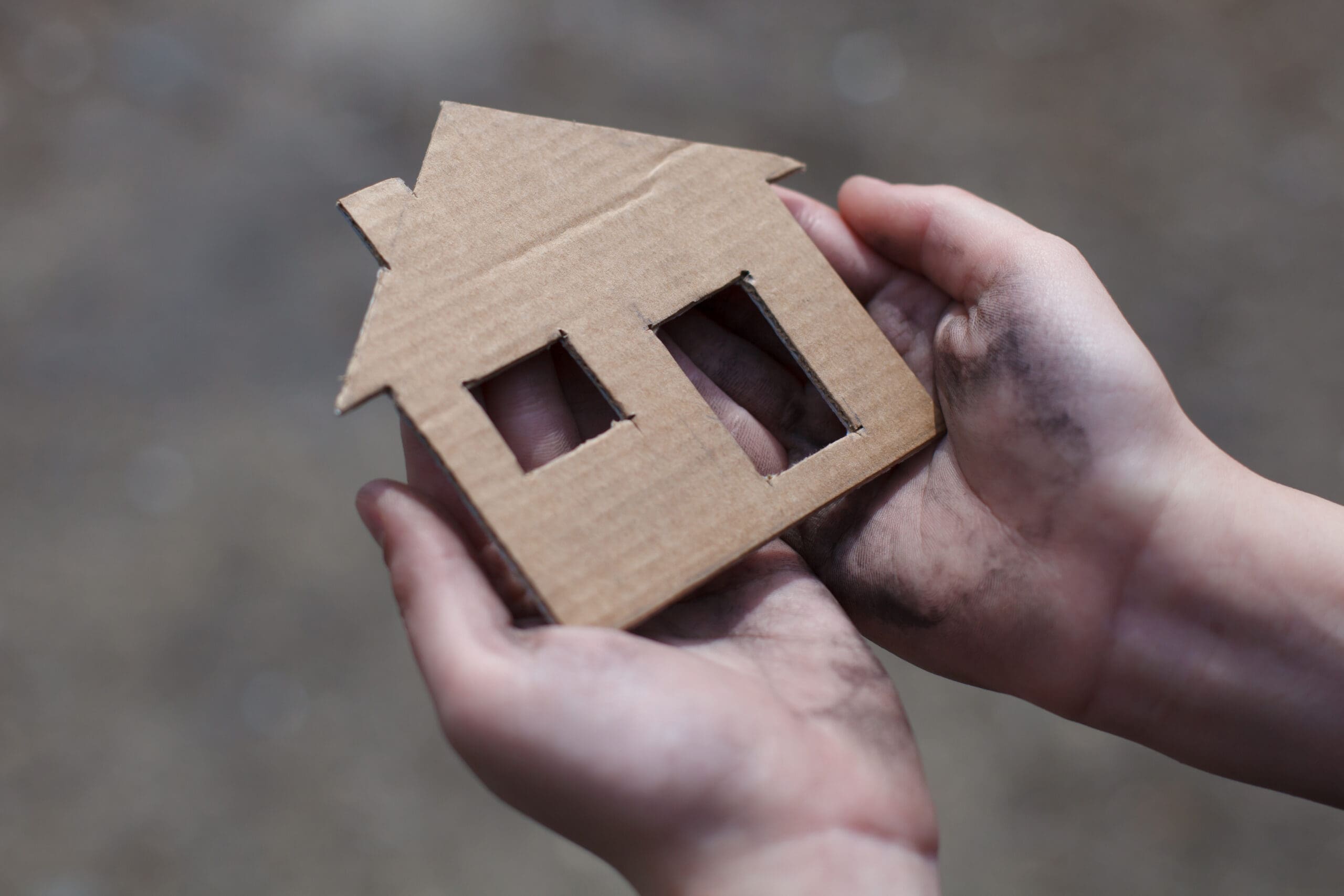Experts recommend high quality, zero-emissions public transportation system
READ THE FULL REPORT HERE.
(Vancouver) Aggressive investments in BC’s transportation system will not only reduce BC’s greenhouse gas emissions, but lead to healthier, safer communities for all British Columbians, according to a new study.
The study, co-published by the Canadian Centre for Policy Alternatives and the Wilderness Committee, sets out key strategies for urban, suburban and rural areas that will improve transportation and quality of life at the same time.
“Instead of allocating billions of precious tax dollars on wider roads and bigger bridges, like we’re doing now, we need to build a province-wide zero-carbon public transportation system,” says co-author Patrick Condon, UBC chair in Landscape and Livable Environments and a leading figure in sustainable design.
The study proposes an annual investment of $2 billion over the next ten years, with the long-term goal of creating a zero-emissions transportation system by 2040. Transportation needs would be met a mix of public transit, cycling, walking and private or shared electric vehicles, with shorter trips and a switch to clean fuels.
To get to zero emissions, the study envisions a province of “complete communities” – in which residents do not have to travel far to meet their day-to-day needs. They can walk, bike or use public transit for most trips, and use shared electric vehicles. Complete communities have a mix of housing types (including affordable options), decent jobs, public services, parks and other public spaces, and commercial districts with restaurants, offices and retail outlets. The authors emphasize that the exact mix of transportation modes will depend on whether a community is urban, suburban or rural.
Economist Marc Lee, co-author of the study, points out that transportation of people and goods accounts for about 40% of BC’s greenhouse gas emissions. He proposes that transforming transportation is the logical next step in BC’s climate action agenda.
“If we think of the carbon tax as the stick, then a new transportation system is the carrot,” says Lee. “Many British Columbians who live in suburban and rural areas resent paying the carbon tax, and with good reason: they’ve been penalized for driving, but they aren’t provided with any alternatives. And that’s what we’re laying out here: an effective, doable alternative.”
-30-
For media inquiries, contact: media@policyalternatives.ca.

